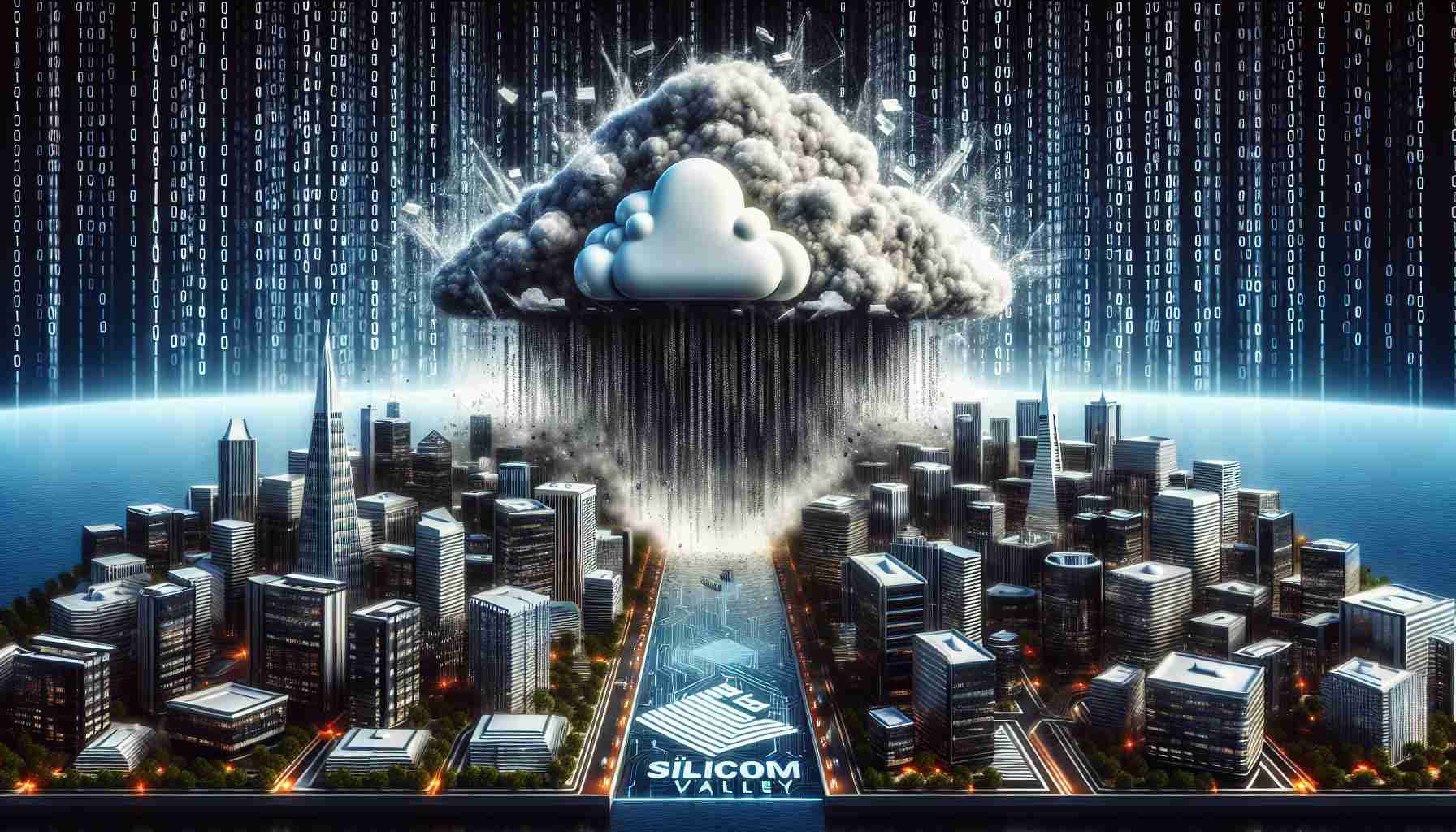As the boundaries of our understanding of the universe expand, recent discoveries in physics are sparking debates that challenge our perceptions of reality. The latest insights from researchers highlight astonishing ideas that make us reconsider the core principles of space and time.
In 2024, the realm of physics has seen researchers grappling with the notion of **empty space**. Is it truly devoid of substance? New revelations suggest that what appears as nothing might actually harbor intricate complexities. The implications of this could shift our understanding of all physical phenomena.
Moreover, the **nature of time** is under scrutiny, with some theories proposing that it may not be as linear and straightforward as we once believed. These groundbreaking discussions are not just confined to academic circles; they are stirring significant conversations among scientists and enthusiasts alike.
The latest installment of the **Lost in Space-Time** newsletter dives deeper into these captivating concepts, featuring contributors who share their unique perspectives. Their stimulating narratives challenge conventional wisdom and invite readers to ponder profound questions about the essence of the universe.
As physicists continue to unravel these mysteries, one thing is clear: the fabric of reality is more intricate and bewildering than we could ever have imagined. Embracing uncertainty may be the key to understanding the universe’s true nature.
Unlocking the Mysteries of Physics: What Lies Beyond Empty Space and Linear Time?
As we delve deeper into the frontiers of modern physics, 2024 has emerged as a pivotal year for groundbreaking discoveries and thought-provoking debates that challenge our traditional understanding of space and time. Recent studies reveal a complex portrait of our universe, pushing us to rethink fundamental concepts.
### The Enigma of Empty Space
Researchers are now questioning the long-held belief that empty space is void of substance. New insights suggest that what we perceive as “nothingness” may actually be teeming with quantum fluctuations, virtual particles, and hidden dimensions. This revelation not only stirs up curiosity but also underscores the importance of quantum field theory, which posits that fields inherent to particles permeate the universe, even in seemingly vacant regions.
#### Implications of Empty Space
– **Quantum Reality**: The understanding of empty space as a dynamic medium could pave the way for advancements in quantum computing and other technologies.
– **Fantasy vs. Reality**: These insights challenge our conventional notion of a static universe and may lead to revolutionary applications in material science and energy.
### Rethinking Time’s Nature
The linear perception of time – past, present, and future – may not capture the true essence of temporal experience. Emerging theories from theoretical physics, including elements of string theory and loop quantum gravity, propose that time might be more cyclical or even interconnected, raising questions about causality and the sequence of events.
#### Theories on Time
– **Block Universe Theory**: This model suggests that all points in time exist simultaneously, and time is not a flowing river but rather a dimension we move through.
– **Time Travel**: Concepts like wormholes have rekindled interest in the feasibility of time travel, adding layers of intrigue to discussions about the universe’s chronology.
### Engaging Discussions and Community Insight
The latest edition of the **Lost in Space-Time** newsletter offers a plethora of perspectives from interdisciplinary contributors, each examining the implications of these theories. Encouraging scientists and enthusiasts alike to embrace uncertainty opens the door for innovative thinking, creative problem-solving, and possibly, new scientific paradigms.
### Future Trends and Innovations
As researchers continue to explore these complexities, we can expect several emerging trends:
– **Interdisciplinary Collaboration**: Efforts across physics, philosophy, and even art will enhance our understanding and interpretation of reality.
– **Technological Advancements**: New technologies in measurement and computation may unlock further mysteries of quantum mechanics and spacetime fabric.
### Conclusion: Embracing the Unknown
The journey into understanding the universe is fraught with uncertainty, but it is this very uncertainty that encourages exploration and innovation. As physicists extend the boundaries of knowledge, the fabric of reality unfolds further, revealing a cosmos far more intricate than we ever realized.
For further exploration into the world of modern physics and cosmic mysteries, visit this link.















